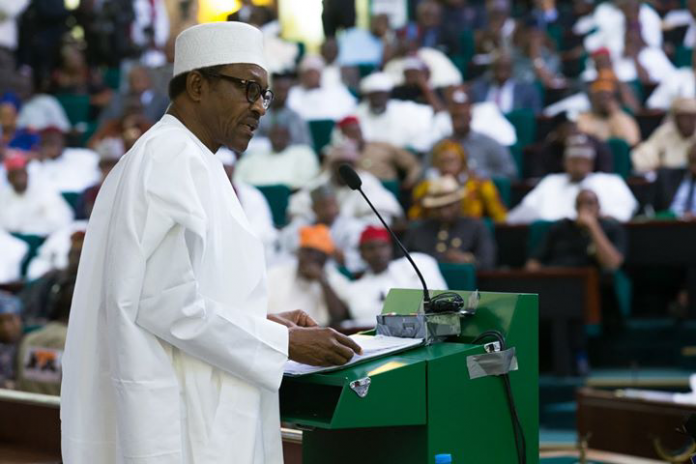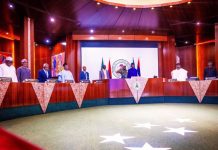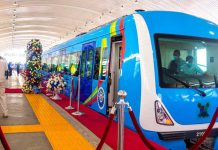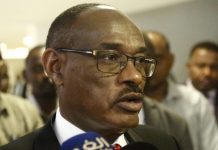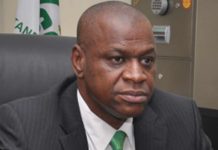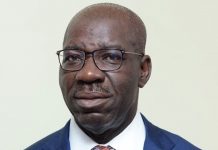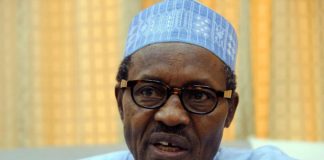The Nigerian leader, President Muhammadu Buhari, this week presented the 2018 Appropriation Bill before the joint session of the Senate and House of Representatives – known as the National Assembly.
The 2018 budget is based on crude oil benchmark of US$45 per barrel with estimated daily production of 2.3 million barrels. The President also said that the budget was based on exchange rate of N305 to one dollar.
The budget expenditure is made up of N2.41 trillion for capital and N3.49 trillion for recurrent. President Buhari whose long speech drew applause of the lawmakers at intervals, described the budget as that of “consolidation’’ and gave the hope that 2018 would be a better one.
The budget, he said, was prepared and dedicated to the country’s economic recovery and growth. He appealed to the militants in the oil rich Niger Delta not to revert to violence or engage in destruction of oil and gas facilities and advised that dialogue was the key in ensuring peace and development. “We must come together to address our grievances. Threat and violence is not the way out,’’ he said.
President Buhari also appealed to members of the National Assembly to treat the budget estimates with all seriousness so that the country could revert to its January to December fiscal year.
He revealed he had directed that the military and other agencies should be enrolled in the Integrated Payroll of Personnel Information System (IPPIS) for the purpose of paying their salaries centrally to eliminate ghost workers.
However, after President Buhari presented the 2018 budget to the National Assembly, some economic analysts raised concerns over the poor implementation of this year’s estimates.
The N7.6 trillion 2017 budget, which commenced in June, has N2.17 trillion as capital votes, but so far only about N450 billion of the capital budget was released by government.
Only few ministries such as power, works, housing, defence, transport and agriculture have so far received funding. Some other ministries received less than 10 percent of their capital vote while others have zero allocations so far. A source at the Ministry of Finance said the performance of the capital release is about 20 per cent.
The 2017 Budget entitled “Budget of Recovery and Growth” is the second full year budget by President Muhammadu Buhari’s administration. However, due to the extension of 2016 capital budget implementation to May 5, this year as a result of the late passage of the budget implementation became a huge challenge.
The government intends to roll over about 60 percent of this year’s budget to 2018 in order to align with the January-December budget period. Besides the delay in passing the 2017 budget, there is huge deficit of funding of the capital project as estimated.
A document from the Ministry of Budget and National Planning shows that the 2017 Fiscal Framework projected a quarterly fiscal deficit of ₦589.19 billion to be financed through earnings from Privatization Proceeds of ₦2.50 billion, Foreign Borrowing of ₦266.88 billion, Domestic Borrowing (FGN Bond) of ₦313.57 billion and Sale of Government Properties of ₦6.25 billion. However, none of the financing items materialized in the second quarter of 2017.
But last Tuesday, after welcoming the President to the National Assembly, the Senate President, Abubakar Saraki, assured that the National Assembly would monitor the implementation of the 2018 Budget closely to ensure that ordinary Nigerians benefit from it.






